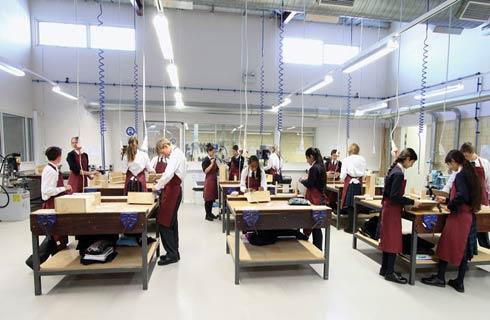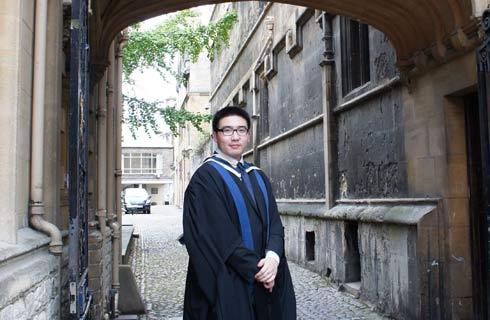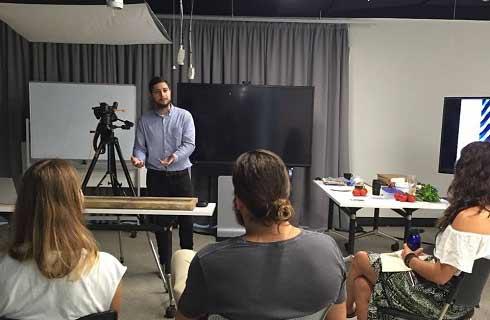Bachelor of Engineering (Hons) (Common Entry)

学历文凭
Bachelor Degree with Honours

专业院系
Faculty of Science and Engineering

开学时间

课程时长

课程学费

国际学生入学条件
IDP—雅思考试联合主办方

雅思考试总分
6.5
- 雅思总分:6.5
- 托福网考总分:90
- 托福笔试总分:580
- 其他语言考试:Duolingo English Test Minimum score of 120 with no less than 110 in any component.
CRICOS代码: LM116
申请截止日期: 请与IDP联系 以获取详细信息。
课程简介
相关申请
 预科
预科 奖学金
奖学金 实习机会
实习机会 在校学习
在校学习 跨境学习
跨境学习 校园授课-线上开始
校园授课-线上开始 在线/远程学习
在线/远程学习
开学时间&学费
学费信息仅供参考,请与IDP联系以获取详细信息
| 开学时间 | 时长 | 学费 | 地点 |
|---|
学校排名

世界排名501
数据源:
泰晤士高等教育世界大学排名
关于利莫瑞克大学

位于爱尔兰中心的利莫瑞克大学(UL)是一家以杰出研究而闻名的领先机构。被''星期日泰晤士报''优秀大学指南评为2019年爱尔兰年度大学,被''泰晤士报高等教育''评为全球百强青年大学之一。自1972年成立以来,它已发展为爱尔兰顶尖大学之一。它在''泰晤士高等教育(THE)''的研究影响力世界排名榜上位列第35位。与此同时,''最佳学生校园''(2019年爱尔兰教育奖)提供优秀的学生体验。利莫瑞克大学有四个学院,分别是科学与工程学院,凯米商学院,教育、健康科学与艺术学院,人文与社会科学学院。该大学在大型绿地校区内提供卓越的学生生活。令人惊叹的学习设施迎合了多元化的学生群体,在15000名学生群体中有2500名国际学生。它提供了一个包容和温馨的环境,为学生提供顶级的设施帮助他们发展技能。UL还提供整个爱尔兰最高的、无与伦比的毕业生就业率。这得益于爱尔兰所有大学中规模最大的工作实习计划以及最大的国际交流计划。希望在利莫瑞克大学学习的国际学生也有机会获得慷慨的奖学金。参加研究生学习的非欧盟学生可以获得最高可达4000欧元的奖学金。利莫瑞克也以低廉的生活成本而闻名,这使得利莫瑞克大学成为一个方便实惠的地方,为来自世界各地的学生提供顶级教育,提升他们未来的职业前景。
本校相关课程

法律和会计学(荣誉)文学士
学历文凭
Bachelor Degree with Honours
开学日期
课程费用总额


心理学和社会学文学士(荣誉)学位
学历文凭
Bachelor Degree with Honours
开学日期
课程费用总额


技术管理理学士(荣誉)学位
学历文凭
Bachelor Degree with Honours
开学日期
课程费用总额


经济学和数学科学(荣誉)学士学位
学历文凭
Bachelor Degree with Honours
开学日期
课程费用总额


国际商务文学士(荣誉)学位
学历文凭
Bachelor Degree with Honours
开学日期
课程费用总额


商学学士(荣誉)学位
学历文凭
Bachelor Degree with Honours
开学日期
课程费用总额

其他相关课程

工程四级证书
 希拉巴克斯特培训中心(私立)
希拉巴克斯特培训中心(私立)学历文凭
Certificate IV
开学日期
课程费用总额


工程四级证书-制造
 霍姆斯格兰职业技术学院
霍姆斯格兰职业技术学院学历文凭
Certificate IV
开学日期
课程费用总额


设计文凭(UniLink)(8个月)
 斯威本科技大学
斯威本科技大学泰晤士高等教育世界大学排名:282
学历文凭
Unilink Diploma
开学日期
课程费用总额


专业工程学硕士(生物医学)
 悉尼大学
悉尼大学泰晤士高等教育世界大学排名:54
学历文凭
Masters Degree (Coursework)
开学日期
课程费用总额


工程科学学士
 伊迪斯科文大学
伊迪斯科文大学学历文凭
Bachelor Degree
开学日期
课程费用总额


细木工三级证书
 霍姆斯格兰职业技术学院
霍姆斯格兰职业技术学院学历文凭
Certificate III
开学日期
课程费用总额










 爱尔兰
爱尔兰